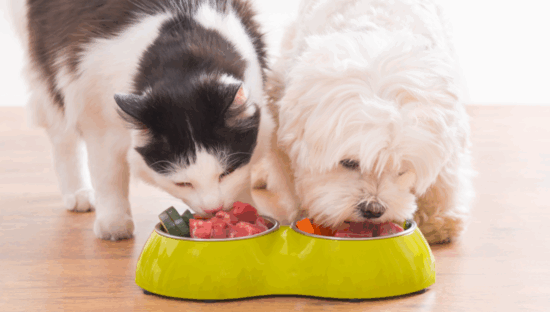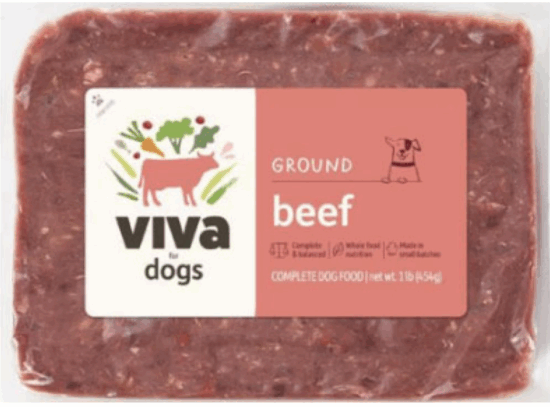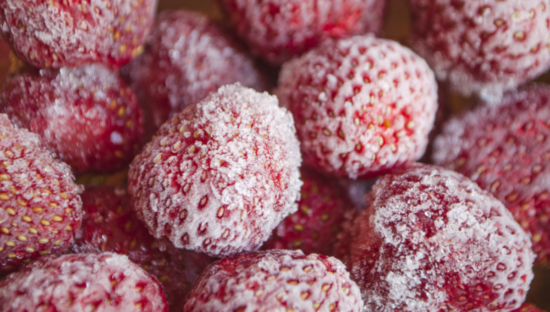When a young girl developed a severe case of hemolytic uremic syndrome this past year, health officials traced the E. coli O157:H7 infection back to her family’s raw pet food. The case underscores that contaminated pet food isn’t just dangerous for animals, it can also put people at risk.
The incident involved Darwin’s Natural Pet Products, made by Arrow Reliance Inc., which tested positive for E. coli and Salmonella in July 2025. The Food and Drug Administration urged a recall, but the company refused, prompting a safety alert to pet owners. This case highlights how easily pathogens in pet food can spread — from handling raw meats or kibble to pets licking faces or contaminating shared spaces.
Raw pet diets, popular for their perceived “natural” benefits, are particularly prone to bacterial contamination. FDA research has found they are far more likely to harbor pathogens like Salmonella and Listeria monocytogenes than processed diets. However, dry kibble is not immune either, as microbes can survive in factories or contaminated ingredients.
Cross-contamination is common. Pet owners may handle food bowls, then prepare human meals without washing their hands. Dogs and cats can become asymptomatic carriers, shedding bacteria in saliva or feces that end up on floors, furniture or children’s toys. “Pet food has been identified as a source of pathogenic bacteria, including Salmonella and E. coli,” noted a Purdue University study, which found many owners unaware of the risks.
Here are some of the major recalls in the past year:
Sept. 3, 2025: RAWR — Raw Cat Food Chicken Eats — Avian influenza (H5N1); one cat illness, euthanized
Aug. 25, 2025: Viva Raw LLC — Ground Beef and Ground Chicken for Dogs and Cats — Salmonella, Listeria
July 29, 2025: Darwin’s Natural Pet Products — Raw beef dog food — E. coli O157:H7, Salmonella; one human illness
July 11, 2025: Answers Pet Food — Raw beef, pork, turkey formulas for dogs — Salmonella, Listeria
April 11, 2025: Blue Ridge Beef — Puppy Mix and Kitten Mix — Salmonella, Listeria
Dec. 27, 2024: Northwest Naturals — Frozen Raw Cat Food Products — Avian influenza (H5N1)
Nov. 22, 2024: Mid America Pet Food — Various products — Salmonella
A review in Comprehensive Reviews in Food Science and Food Safety linked Salmonella in pet food to contaminated raw materials and poor processing. The risks are highest for children, the elderly and immunocompromised individuals. Even dried meat chews have been found contaminated, according to a U.K. study.
Health officials urge precautions to prevent cross-contamination. Pet owners should wash hands thoroughly after handling pet food, clean bowls with hot soapy water and store pet products away from human food. Avoid raw diets when possible and keep up with recall alerts.
With more than 65 million U.S. households owning dogs and 46 million owning cats, careful handling of pet food is paramount. What our pets eat can affect the entire family.
(To sign up for a free subscription to Food Safety News, click here.)



